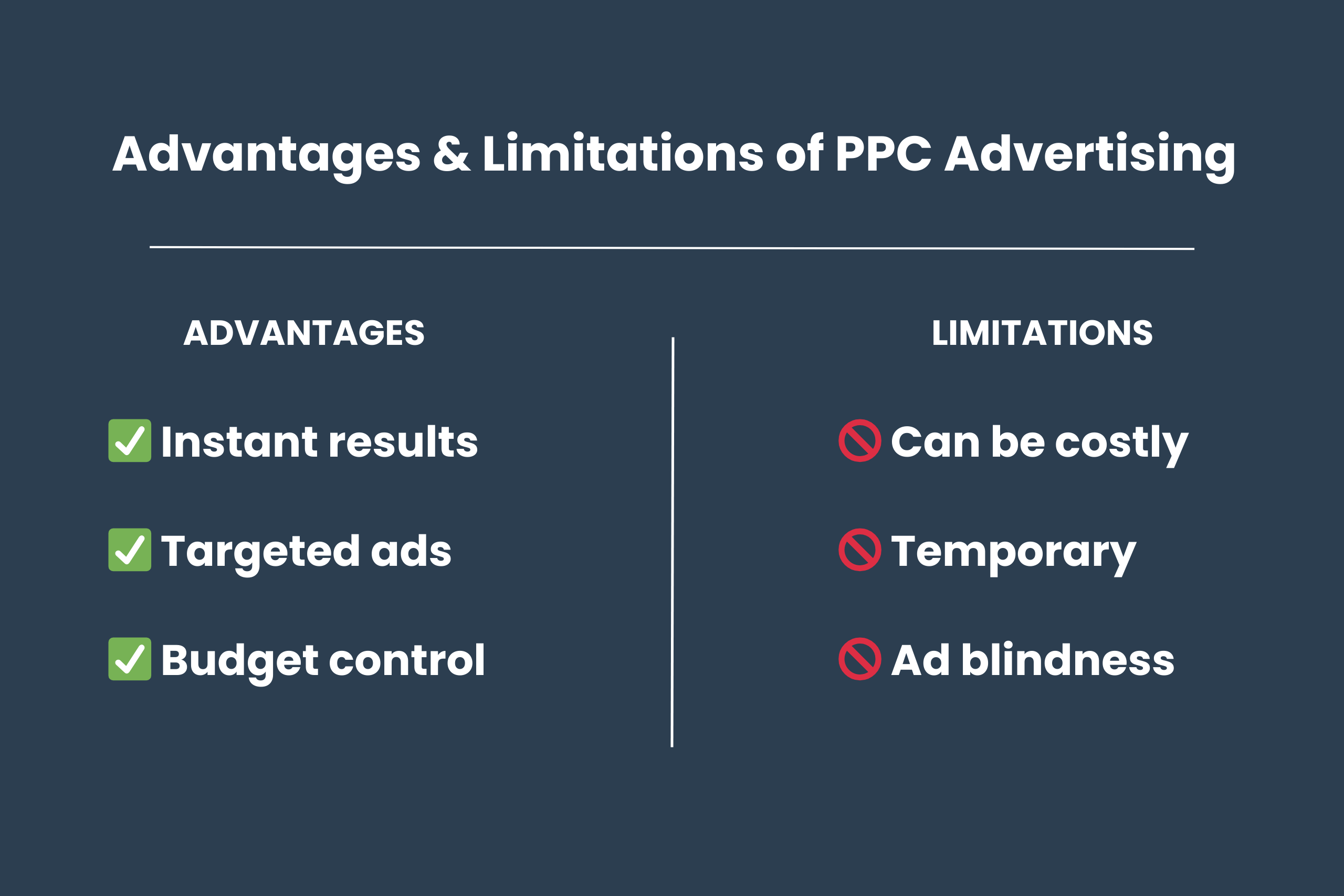By Mohit Kansal & Alexander Carbone
Private equity has been a hot topic among entrepreneurs and executives in the roofing industry in recent years, with partnerships involving companies such as Tecta America Corporation, Roofing Corporation of America and Progressive Roofing. For even the most seasoned entrepreneurs, these discussions can be complex and unfamiliar, touching on topics like valuation, capital requirements and succession planning. In our experience, entrepreneurs often have misconceptions about private equity. Our goal in this article is to demystify private equity and provide a fresh perspective.
What is private equity and why would I partner with a firm?
Private equity (“PE”) is a segment of the investment industry whereby firms make capital investments primarily into private businesses. This differs from public investors, who buy shares in companies on listed stock exchanges. PE firms seek to make investments in rapidly growing businesses, with the intention of participating in the future growth of the business to generate a return on their investment. These firms invest on behalf of a diverse group of investors including family offices, endowments and pension plans, to name a few.
There are various reasons for businesses to take external capital from a PE firm, including:
• Providing capital to fund strategic projects and acquisitions
• Providing partial liquidity to shareholders to de-risk net worth and take some “chips off the table”
• Assisting with ownership transitions for passive shareholders
At Clairvest, we believe that taking on a PE firm as a partner is as much about business growth as it is about achieving personal wealth creation and preservation.
Under what terms can I expect a private equity firm to invest?
Private equity firms each have their own style of investing, but in the simplest terms, this can be in the form of a majority investment or minority partnership. With a majority investment, the existing shareholders cease to have operating control of the business and the PE firm steps into the role of steering the ship. This option could be attractive to those who are looking to step back from the business and receive full liquidity. In these cases, the private equity firm will still be interested in having existing management stay involved, either as part-owners or salaried employees.
In minority partnerships, the existing shareholders retain control of the business and the PE firm simply buys a minority portion of the business to help turbocharge its growth. With this structure, existing management continues to grow and benefit from the majority of further upside in the business. Clairvest is experienced with minority partnerships, having done 35 minority deals out of its 59 platform investments.
It is important to understand the difference between ownership and rights. Even in the case of a minority partnership, the investor can have governance rights such as board representation, budget approvals, and drag rights after a certain number of years. Discussing these rights clearly at the outset will lead to a more successful partnership.
How will I operate differently when I partner with a PE firm?
Every private equity firm will have a different model to provide ongoing support for the business. Some firms provide capital and have limited involvement with the business on a go-forward basis (i.e. attending quarterly board meetings). Others work more closely with management, supporting initiatives like M&A and major capital expenditure projects. In our experience, roofing contractors could benefit from a partnership-focused private equity firm in the following ways:
• Supporting M&A acquisitions, including identification of targets, negotiations, due diligence, and closing/integration plans
• Building strong corporate governance practices, including bringing on independent board members, changing the corporate structure and implementing key policies
• Hiring key management personnel to further strengthen the organization, including finance, operations, marketing, and sales
• Accessing better and cheaper financing, (i.e. leveraging the PE firm’s network of lender relationships).
In our experience, it is important to outline the terms under which a private equity firm will get involved with the business early in the deal process. Many roofing contractors are seeking a more partnership-oriented approach that leverages the capabilities and experience of a PE firm. If this is your objective, make sure you clearly define how the PE firm will support your business prior to undertaking a partner.
What does the process look like for working with a Private Equity firm?
The process begins with initial negotiation of the key transaction terms – the valuation of the business, percentage of ownership being sold (majority or minority), future involvement of existing owners/management and key rights post-close. Once this is completed, a letter of intent (LOI) will be executed by both parties and due diligence would commence.
During this time, the company can grant the PE firm a period of exclusivity to finalize the transaction. Next, the PE firm conducts confirmatory due diligence where they analyze several aspects of the business including financials, operations, and management. This period is critical as it provides an opportunity to think through the future growth strategy and how the private equity firm should be involved on a go-forward basis.
Once the due diligence process is complete, the existing owners will enter into a sale and purchase agreement, as well as a shareholder agreement, defining the terms of the sale and revised rights of all owners. Once all the agreements are signed, the transaction would close and new ownership will be in effect.
Finally, the first three to six months after closing is an important time where the PE firm and management work together on implementing the new strategy of the business, including how to take advantage of opportunities like acquisitions, winning new customers or forming relationships with new suppliers.
What alternatives exist other than private equity?
In addition to private equity, another option for roofing contractors is to explore what is known as a “strategic sale,” involving selling the business to another player in the same industry. This would mean selling to a larger roofing company. This is an attractive alternative for some owners, as it results in a full or near-full cash-out of ownership in the business and ability to partner with a national platform to gain scale. However, the trade-off is losing control of the business. With the right private equity partnership, owners can balance the need for liquidity and growth capital with sustained operational control better than a strategic sale would achieve.
Conclusion
The market for roofing is rapidly changing, and with this change, business owners will increasingly need to explore alternatives to support their growth. Just as a PE firm will diligence a business, owners should diligence their prospective private equity partner as well. l
Mohit Kansal is a Managing Director and Alexander Carbone is a Senior Associate at Clairvest Group. Clairvest has been investing equity capital for over 35 years, partnering with entrepreneurs across various industries and looking to support their growth ambitions.

















